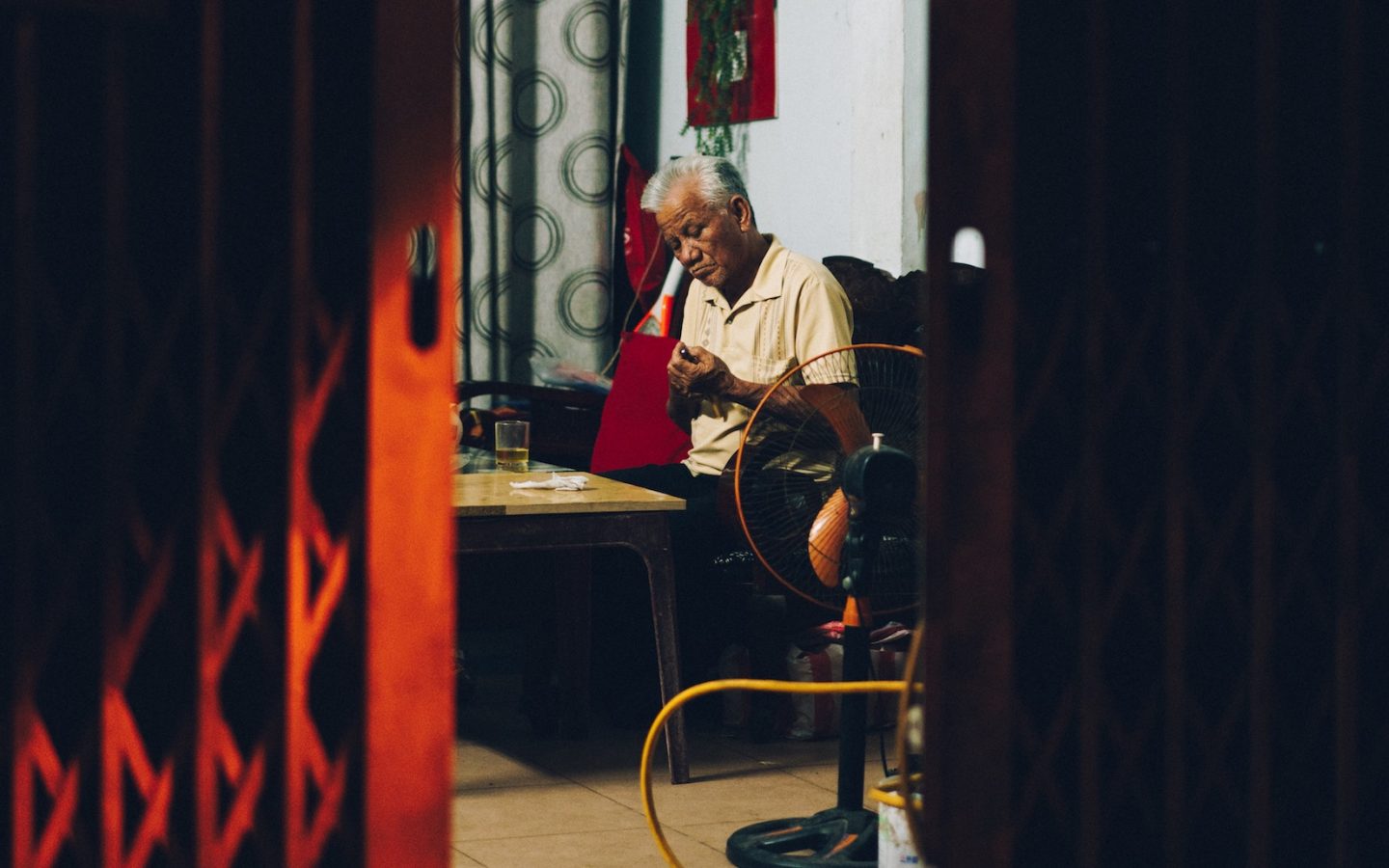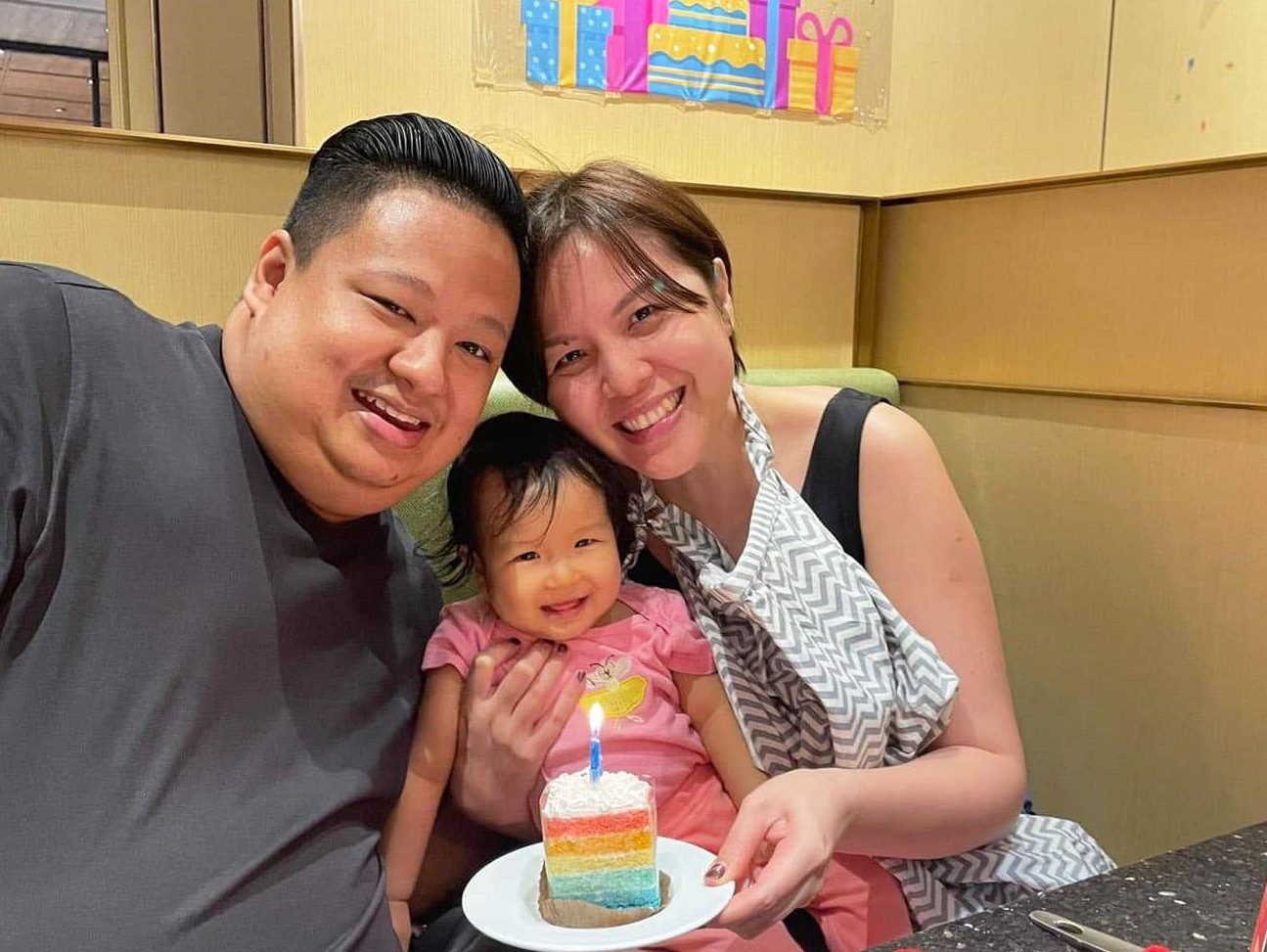When households become sanctuaries for life and living
Canon Terry Wong // November 25, 2019, 6:00 am

We may have homes but people may not really live in them, with parents off to work and children off to school. Even if together, eyes may be on screens. Photo by Doruk Yemenici on Unsplash.
One threat to “family” today may be due to the demise of the “household” (oikos in Greek).
These two realities, though connected, are not the same. The household is a social form, a locus where people commune with each other. One can be a part of a biological family (by birth) without being part of the household (by choice). And even if you are a single adult, you can be a part of a household with your ageing parents, siblings or friends.
We may have homes but people may not really live in them. Parents are off to work for most part of the day and, for some, evenings too. Children are off to school. In the evening, some dine outside or Deliveroo food in. Even if together, eyes may be on screens.
Family as community
For Aristotle, the household is a “family understood as a community of daily life”. Not long ago, the home was the context for daily lives. Breakfast was shared together, even if conversation was brief and quick. Chores and responsibilities were shared. The Singer sewing machine rumbled as clothes were repaired.
In the kitchen, if a chicken was being chopped, loud, irregular thuds were produced. If shallots were being diced, you would hear instead a quieter, hypnotic drumming. And there was always a cadence that rang from the sharpening of knives.
If we are to renew family life, we need to start with the household.
Today, these activities are “out-sourced internally” through our domestic helpers. We sleep, work, eat, stare at screens and sleep again.
The household is more than just a place of work. Lounge times, board-game times, meal times and even bedtimes are moments for mutual presence. Done enough and regularly, they form tradition and provide a template for one’s wider life. This household prepares a person to live in the state (civic life), as Aristotle has pointed out.
If we are to renew family life, we need to start with the household. It is a sacred sanctuary of shared work, life and belonging. I am aware that some homes are places of tension. If at all possible and with God’s help, may we do our best to turn it into sanctuaries for life and living. At least we owe our children that.
More than a place of worship
Now, something needs to be said about the other households in life, notably, the local church. She is more than a place of worship (1 Timothy 3:14-15). The Bible talks about it again and again. We are a family, a community, a household.
She needs to be a happy household of trust, safety, love and friendship, where visions and dreams are shared. I sometimes meet Christians who are either “mercenary” or “consumerist” in the way they look at the local church.
Why can’t we just be friends – eating, laughing and praying together?
If the former, they see the church as a place to get things done, for money raised to be given away, simply just a vehicle for missions and so on. For the consumers, they ask constantly what the church is doing to help them to grow, better sermons, better this and that. Indeed in Singapore, we have the phenomena of Christians floating from church to church for they have never grasped the true calling of a church as oikos (Acts 2:46). It is sad when you think about it.
Why can’t we just be friends – eating, laughing and praying together?
If one loses both natural and spiritual households, what a deep loss that is. Both are gifts from God. If you are reading this, it is still not too late. Change your attitude and get both you and your households in order. You will be enriched beyond measure and live life without regrets.
This article was first published in the weekly service bulletin for St Andrew’s Cathedral under the “Vicar Writes” column. More articles can be found on the St Andrew’s Cathedral website here.
Reflection and Discussion
- What steps can you take to intentionally be a part of your household and help turn it into a sanctuary of life and living?
- How can you contribute to making your church a true oikos (Acts 2:46)?
We are an independent, non-profit organisation that relies on the generosity of our readers, such as yourself, to continue serving the kingdom. Every dollar donated goes directly back into our editorial coverage.
Would you consider partnering with us in our kingdom work by supporting us financially, either as a one-off donation, or a recurring pledge?
Support Salt&Light




